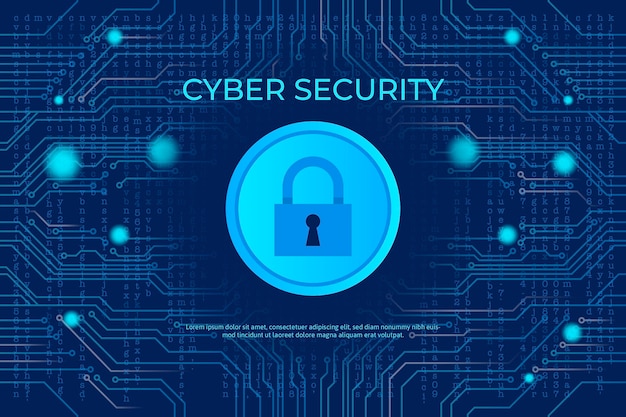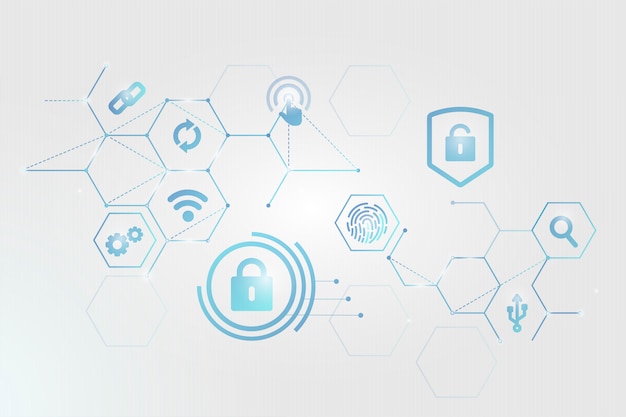In today’s digital-first world, cybersecurity is more critical than ever. As cyber threats evolve rapidly, the demand for skilled professionals continues to grow. One of the most common questions asked by newcomers is: Can you get a cybersecurity job without a certification? The short answer is yes—but there’s more to the story. This guide explores the role of certifications, alternative pathways, and how to break into cybersecurity with little or no experience.
The Role of Certifications in Cybersecurity
Certifications are often seen as a fast track into the cybersecurity industry. They validate your skills, demonstrate your commitment, and help employers assess your expertise in specific areas.
Popular Certifications Include:
- CompTIA Security+ – Entry-level, foundational knowledge
- Certified Ethical Hacker (CEH) – Focuses on penetration testing
- Certified Information Systems Security Professional (CISSP) – Advanced, broad-spectrum certification
- Certified Information Security Manager (CISM) – Focuses on security governance and risk management
While certifications can boost your employability, they’re not the only path into cybersecurity. Many professionals have entered the field through self-study, hands-on experience, and networking.
Do You Need a Degree or Certification to Work in Cybersecurity?
Not necessarily. While degrees and certifications can open doors, they’re not always required.
Degrees:
- Offer broad knowledge in computer science or IT
- Useful for entry-level roles
- Not mandatory—many professionals succeed without one
Certifications:
- Specialised and skill-focused
- Often required for roles involving sensitive data or secure environments
- Easier to obtain than a degree and more targeted
Ultimately, employers value skills and experience—whether gained through formal education or alternative routes.
How to Get a Cybersecurity Job with No Experience
Breaking into cybersecurity without experience is possible. Here’s how:
1. Online Learning & Resources
- Platforms like Coursera, Udemy, edX, and Cybrary offer beginner-friendly courses
- Learn from industry experts and follow structured paths
2. Hands-On Practice
- Set up a home lab using VirtualBox or VMware
- Use platforms like Hack The Box and TryHackMe for real-world challenges
3. Networking
- Join forums like Reddit’s r/cybersecurity, LinkedIn groups, and local meetups
- Attend industry conferences and webinars
4. Internships & Volunteering
- Look for opportunities with small businesses or nonprofits
- Gain practical experience while building your resume
5. Build a Portfolio
- Showcase personal projects, open-source contributions, and blog posts
- Demonstrate your skills and passion to potential employers
6. Develop Soft Skills
- Problem-solving, critical thinking, and communication are highly valued
- Combine technical and interpersonal skills to stand out
How to Get Into Cybersecurity: A Step-by-Step Blueprint
Step 1: Explore the Field
Cybersecurity includes areas like:
- Network Security
- Application Security
- Incident Response
- Penetration Testing
Research each to find your interest and strengths.
Step 2: Build Your Knowledge
- Learn the basics: networking, cryptography, threat analysis
- Take beginner courses and read cybersecurity blogs
Step 3: Earn Entry-Level Certifications
- Start with CompTIA Security+ or CISA
- Progress to advanced certifications as you gain experience
Step 4: Stay Current
- Follow cybersecurity news, blogs, and podcasts
- Join professional organizations and online communities
Step 5: Job Search Strategy
- Tailor your resume to highlight transferable skills and projects
- Apply through job boards, company websites, and referrals
Step 6: Prepare for Interviews
- Be ready to discuss your approach to cybersecurity
- Practice technical assessments and scenario-based questions
Conclusion
While certifications and degrees can enhance your cybersecurity career, they’re not the only way in. Many professionals succeed through self-study, hands-on practice, and networking. With the right mindset, practical skills, and a strategic approach, you can break into cybersecurity—even without formal credentials.





